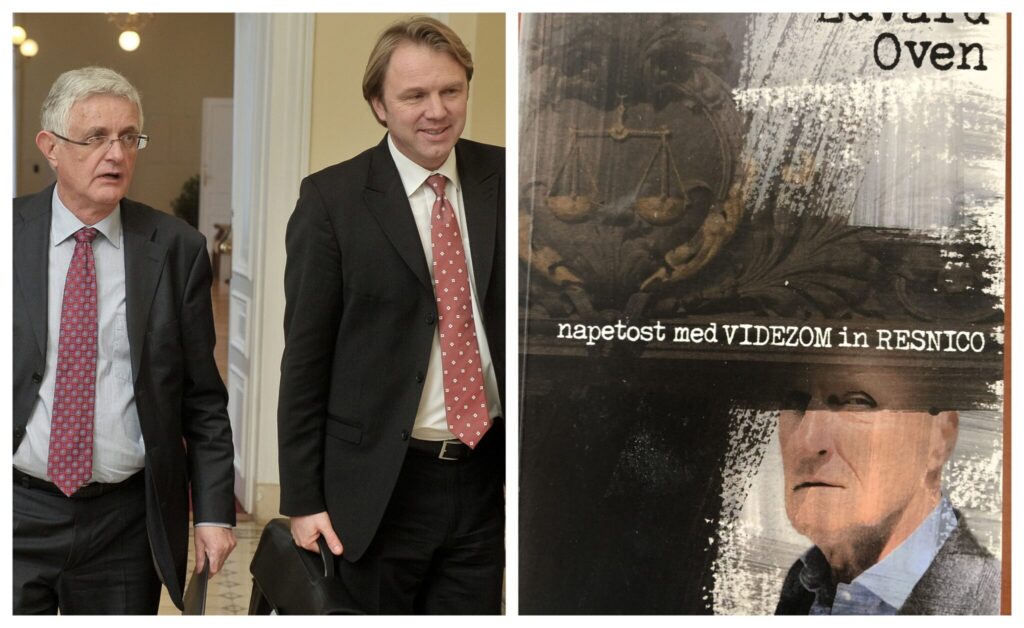“The ideological fight is nothing more than a market niche. Who are the fathers of the Slovenian schism? Edvard Oven reveals an interesting internal document of the LDS party, which was co-signed by Pavel Gantar in 1991. This sentence might be the most important: ‘We believe that the conflict between liberals and “the blacks” (the conservative political current) in Slovenia has the greatest political future,’” wrote the editor-in-chief of the Planet 18 news show on Planet TV, Mirko Mayer.
We present a document from the recently published book, written by a former prominent LDS party representative, Edvard Oven, on the schism and cultural fight in Slovenia, entitled The Tension Between Appearance and the Truth (“Napetost med videzom in resnico” in Slovenian), which shows who were the people who deliberately started and incited this fight, in order to preserve their privileges, positions, and so on.
In the attached LDS document, which was co-signed by a later member of the Zares party, Pavel Gantar, under the auspices of the president and godfather from the background, Gregor Golobič, we can see the concern of the LDS representatives over the loss of political initiative or identity of their party, especially due to its unclear definition. It brought together those who did not want to be explicitly viewed as former communists.
In the second part of the document, it is stated that the LDS party was searching for allies in like-minded people against the “blacks,” i.e., the conservative political current. The following sentence is particularly interesting: “We believe that the conflict between the liberals (from different parties) and the ‘blacks’ in Slovenia has the greatest political future in Slovenia, especially after the relations with Yugoslavia will have been somewhat settled.”
With this, they were very bothered, for example, by various appointments to the top of important state institutions, such as the University Medical Centre of Ljubljana, or by the financial support for the Slovenec (Slovenian) newspaper, and also by the struggle to control foreign policy and foreign trade. They were also bothered by the new legislation in the field of privatisation. Even then, the left feared the change of its “independent” cadres and the alleged breakthrough of “clericalism” more than anything.
Domen Mezeg


